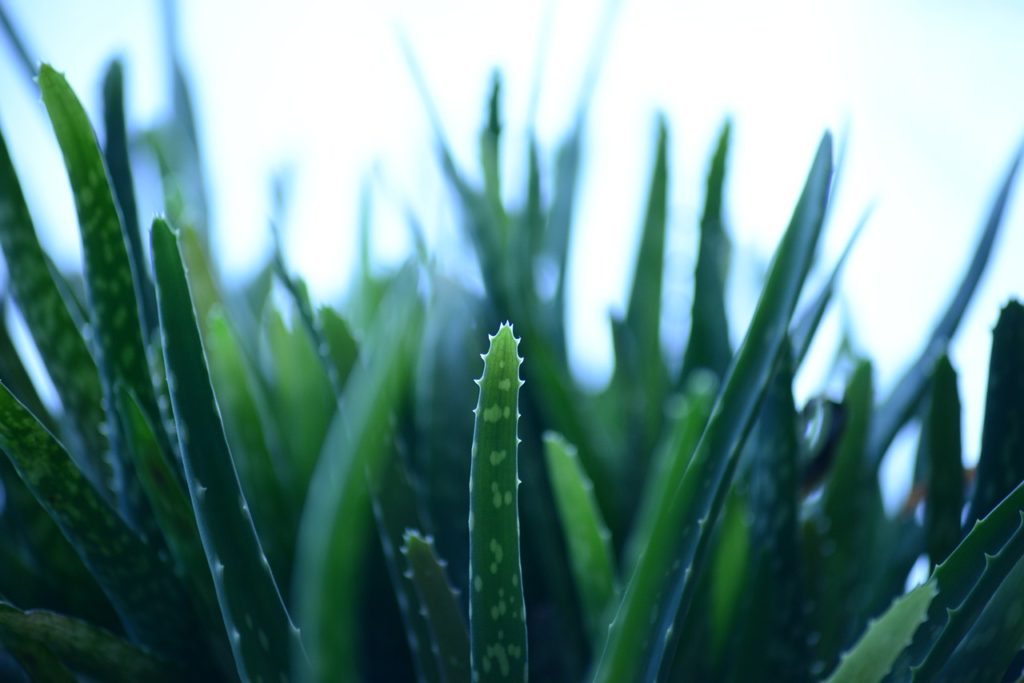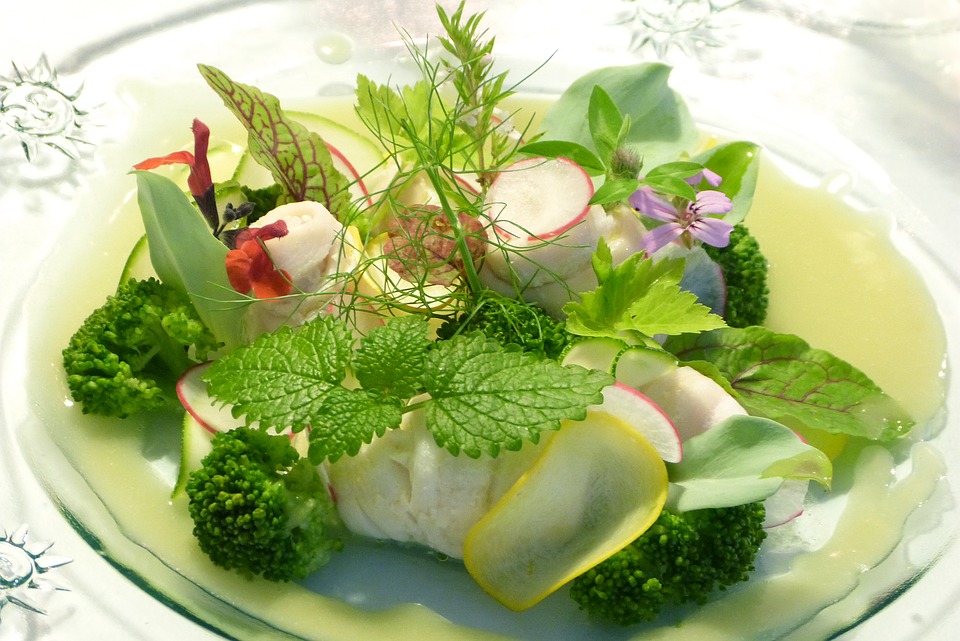Both women and girls always dream of having thicker, darker eyebrows. You can totally achieve your dream by growing your eyebrows through natural ways. Well-shaped eyebrows affect your appearance. A lot of people were treating their eyebrows in wrong ways due to threading, over plucking even waxing. Sometimes, eyebrow hair loss is the result of nutritional deficiencies, aging process as well as poor cosmetic application or even poor medical conditions such as eczema, alopecia areata or hypothyroidism. Such medical treatments as radiation, chemotherapy also trigger hair loss, including your eyebrow line. So basically thin eyebrows are just a result of hair loss.
Fortunately, nowadays we invent a load of natural ways to thicker eyebrows. Let’s start with 5 amazing, natural ways to thicker eyebrows.
Read also:
- Top 4 Natural Combination For You To Eliminate Blackheads (Infographics)
- How To Remove Acne Scars Naturally
- Tips To Lose Weight Naturally
-
Castor oil grows thicker eyebrows:
As we all know, the oil contains a load of rich nutrients for growing thicker eyebrows. Protein, fatty acids, vitamins and antioxidants, all of these compounds help foster the hair and nourish hair growth. Moreover, they are helpful in fighting any microorganisms, which hamper the eyebrow hair growing process.
How to apply:
- Steep a cotton cloth in 100% pure castor oil and massage it gently on your eyebrows for 2 – 3 minutes.
- Let them absorb the oil for at least 30 minutes or leave it overnight.
- After 30 minutes or in the next morning, rinse it off with warm water and a mild cleanser.
- Keep doing this process daily, after a couple of weeks you will see the amazing results.
Note: Do not use castor oil if it causes any burning or irritation.
-
Coconut oil increases eyebrows hair’s density:
Coconut oil is famous for its various proteins and nutrients such as vitamin E, iron. In order to grow more sensitive and more impressive eyebrows, coconut oil is the most preferable choice. On the other hand, coconut oil helps your eyebrows have a darker color.
How to apply:
- Drop a little bit on your palm or your fingertips, apply the oil on your eyebrows.
- Gently massage it your eyebrows in order to increase blood circulation and help the hair to absorb the oil.
- Let it steep overnight.
- In the following morning, wash it off with lukewarm water.
- Repeat the process regularly in a few months and notice the changes of your eyebrows.
-
Olive oil serves as a natural way:
Similar to coconut oil, olive oil has become well known so far. Famous for being rich in vitamins, especially vitamin E, it can aid your eyebrow hair to grow thicker and faster. Furthermore, olive oil keeps your eyebrows dark-hued.
How to apply:
- Put a few drops of olive oil on your palm, heat the oil by rubbing your hand together. Massage the warm oil on your eyebrows for about 5 minutes before going to sleep. Leave the oil overnight, in the next morning, wash it off with lukewarm water.
- On the other hand, if you don’t feel like directly applying the oil on your eyebrow hair, you can do it differently. Grab ½ teaspoon of olive oil and mix it with a little bit of honey. Heat the mixture with your hand by rubbing it then massage thoroughly on your eyebrow hair for a couple of minutes. Repeat the process by leaving it for 30 minutes and rinse off with lukewarm water.
You can choose either of these two remedies once per day until you achieve the required results.
-
Onion juice – a strong fighter:
It may sound strange but it actually turns out very efficient. Onion juice provides sulfur, which boosts the making of collagen tissues. It is proved that collagen tissues are required for growing thicker eyebrows because it strengthens your eyebrow hair’s follicles.
How to apply:
- Grind or smash an onion to extract the juice.
- Massage the juicy liquid on your eyebrows within 5 minutes.
- Permit it to dry itself then rinse off by using a mild cleanser along with cold water.
- Obey this treatment daily in a few weeks for the best result.
-
Aloe vera sometimes presents as preferable choice:
In addition to black eyes treatment, to grow thicker eyebrows, aloe vera is a good option. Aloe vera provides moisturizing properties as well as enzymes, both of which nourish the hair loss and help your hair to grow thicker and faster. Not only nourishing the hair, but aloe vera also soften the skin parts where you applied it.
How to apply:
– First, extract the gel and the flesh from an aloe vera leaf. Apply the gel on your eyebrows, let it absorb for 15 to 30 minutes till it dry. After that, rinse off the gel with lukewarm water.
– Another choice is to buy the extracted gel in local drugs store. Mix the gel with coconut oil or use a few drops of honey to get the best result. After mixing, apply the mixture on your eyebrows then leave it for 30 minutes before washing off with warm water.
Note: Strictly follow each one of these remedies every day in a couple of weeks.
Read also:
























